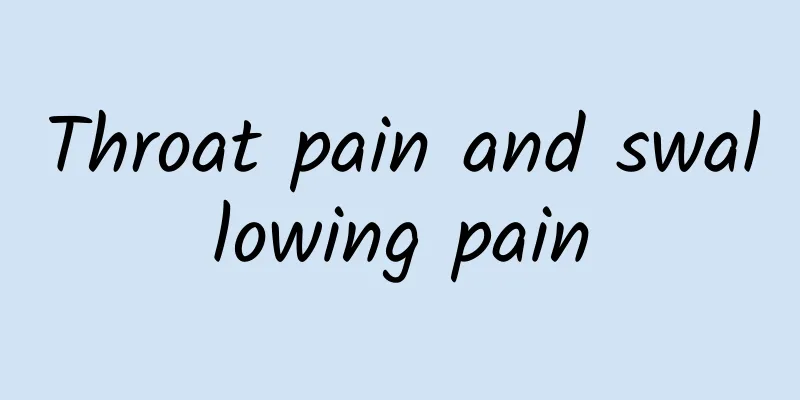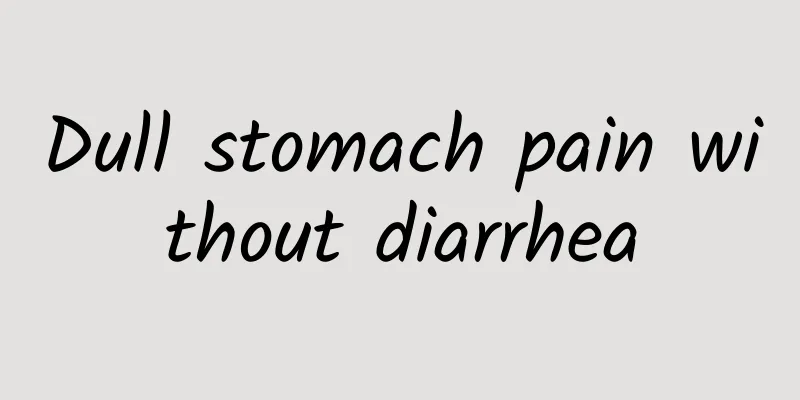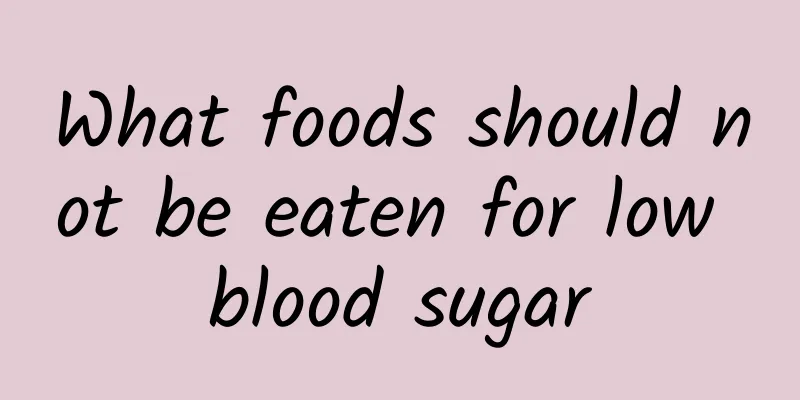Newborn baby spits while sleeping

|
It seems normal for newborns to spit while sleeping, but if the child has this problem for a long time, the possibility of childhood pneumonia cannot be ruled out. There are many symptoms of pneumonia in children, such as cough, fever, loss of appetite, diarrhea, etc. If pneumonia in children is not treated in time, these symptoms will naturally not disappear. Below we will introduce you to the relevant knowledge about pediatric pneumonia in detail! 1. Introduction to symptoms
Pediatric pneumonia is a common disease among infants and young children. It is more common in winter and spring in northern my country and is a common cause of death in infants and young children. Pneumonia is an inflammation of the lungs caused by infection with pathogens, inhalation of amniotic fluid and oils, and allergic reactions. The main clinical manifestations are fever, cough, shortness of breath, difficulty breathing, and lung rales.
2. Clinical manifestations 1. General symptoms There are symptoms such as fever, refusal to eat, irritability, shortness of breath, etc. The early body temperature is 38-39℃, and can be as high as 40℃. In addition to respiratory symptoms, children may also have systemic symptoms such as mental depression, irritability, loss of appetite, shivering, diarrhea, etc. Common symptoms in young infants include food refusal, choking, vomiting and breathing difficulties. 2. Respiratory symptoms (1) Coughing begins with frequent, irritating dry coughs, followed by phlegm sounds in the throat. Severe coughing may be accompanied by vomiting and choking on milk. (2) Respiratory symptoms and signs: Shallow and rapid breathing, flaring of the nostrils, and mild cyanosis around the mouth and nails in some children. Lung signs may not be obvious in the early stages, but small and medium-sized bubbling sounds may be heard later. When combined with pleural effusion, there may be percussion sound and/or disappearance of breath sounds. 3. Symptoms and signs of other systems (1) Circulatory system symptoms: Pneumonia in infants is often accompanied by heart failure. If the child's heart rate increases to 160-200 beats/min, the liver enlarges or significantly enlarges in a short period of time, the child has pale complexion, cyanosis around the mouth, edema of the limbs, and oliguria, congestive heart failure should be considered. (2) Neurological symptoms: ① Irritability, drowsiness, staring, squinting, and upward eye movement. ② Drowsiness, even coma and convulsions. ③Conjunctival edema. ④Pupil changes, slow or absent reaction to light. ⑤Irregular breathing rhythm. ⑥ The anterior fontanelle is bulging and there are signs of meningeal irritation. When everything else about the cerebrospinal fluid is normal except for the increased pressure, it is called toxic encephalopathy. (3) Digestive system symptoms: Children with pneumonia may experience decreased appetite, vomiting, diarrhea, and abdominal distension. In severe cases, the vomitus may be coffee-colored or bloody, and bowel sounds may disappear. They may also develop toxic intestinal paralysis and toxic hepatitis.
3. Treatment Methods Comprehensive therapy should be adopted to improve ventilation function, effectively control inflammation and avoid the occurrence of complications. 1. General treatment Keep the air circulating in the ward, maintain the room temperature at 20℃ and the humidity at around 60%, provide easily digestible food, and turn the patient over and pat his back frequently. 2. Give antibiotics Antibiotics should be selected according to the following principles: ① Clinical and laboratory data should be targeted at possible pathogens. ② Select antibiotics to which the pathogen is sensitive. ③The severity of the disease. If it is mycoplasma pneumonia, macrolide drugs can be used. Antiviral drugs such as ribavirin or acyclovir can be used for viral pneumonia. 3. Symptomatic treatment If there are signs of hypoxia, oxygen can be given. You can take expectorants orally. If the sputum is thick and difficult to cough up, nebulization therapy can be used. |
<<: Newborn baby saliva with bubbles
>>: Newborns are generally tall
Recommend
What are psychiatric drugs?
With the rapid development of society, people'...
What are the foods that can help black hair grow?
The symptom of premature graying of hair is quite...
What are some tips for beauty with traditional Chinese medicine?
Since there are many fakes in the current market,...
Will there be a weak positive before menstruation?
Pregnancy test sticks are very convenient now. Wh...
What to do if you have a toothache after eating cold food
In order to clear away heat and relieve summer he...
How effective is Quanlu Pill?
Quanlu Pills are a kind of herbal Chinese medicin...
What's wrong with stomach pain and fever?
Generally, people with poor stomachs will experie...
Testosterone Growth Hormone
Testosterone, also known as testosterone, is a ho...
Why is there yellow fluid coming out of my chest?
The situation of yellow water coming out of the c...
How to take loquat paste to treat cough
Loquat paste is very effective in treating cough....
How long does it take to cure damp-heat with Chinese medicine?
Damp-heat is a condition that is more likely to o...
What to do if the esophagus is burned by stomach acid? Dietary treatment
Gastric acid is the main component of the stomach...
Causes of spontaneous abortion of the first child
When a woman is pregnant with her first child, sh...
Dense connective tissue type
A healthy body can improve the quality of life. T...
How long after giving birth can I drink pig's trotter soup
Pregnant women need to stay healthy and active af...









